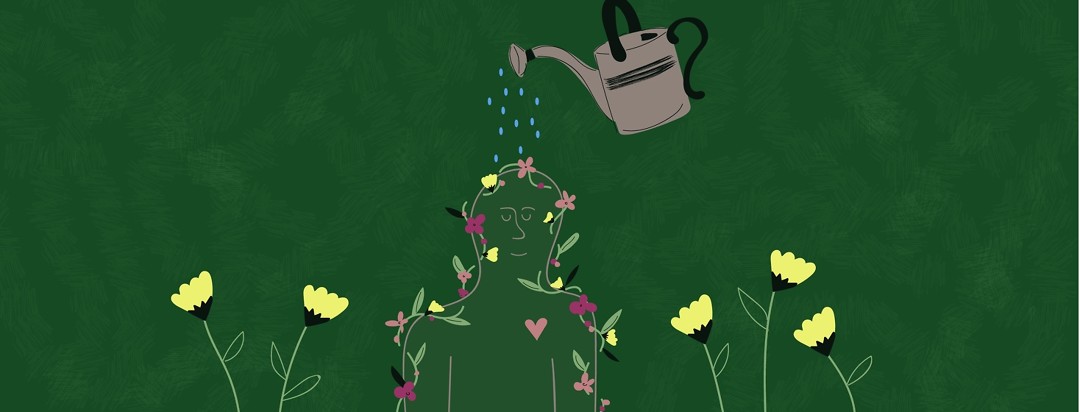Life After Cancer Is An Art: Making “Better Normal” After Cancer Treatment
I was diagnosed with lung cancer 4 and a half years ago. In the first 3 years, it felt like I was on a rollercoaster and had no idea what would strike me. The word “normal” never came to my mind. After June 2018, I was more or less stabilized. But still never talk to me about “normal” because even if I finished treatment, I am still managing permanent treatment side effects. The anxiety is still real to me too. Lung cancer can not be cured, but rather is inhibited. So the meaning of “normal” will truly apply to me.
What is actually normal?
Every healthy person uses the term “normal”. Let’s use a formal definition. According to Harpham: “The essence of this complex idea (of normal) is that, for the most part, (1) our experiences match our expectations and (2) our routines help us navigate our days.”1 These alignments make life feel normal and routine.
When we are diagnosed with lung cancer, the experience and expectation are chaotic, and no routine can help us navigate through it. We are nowhere close to “normal.” Even after treatment, feeling normal is still challenging.
We are longing to feel “normal” again
When treatment is over, for survivors who can handle working, we may be rushed back to work. This could be a relief: life finally gets back to normal. For those who are not suitable to go back to work, they have to find things to do to keep themselves busy. The idea is to forget cancer and get back to routines. It's all about creating a sense of “normal”. Normal is what we are longing for.
What does normal look like to me?
After 3 years, I came out of the chaotic and depressing period and decided to LIVE even if for a short period. I always thought about how if I get the chance to live again, I would live a totally different life. How boring to repeat life. Don’t mistake me, though I love my career as a professor, I’m going to live a new life.
When I brainstormed my new life, I thought about weaving in more 1) literature (love to explore it), 2) traveling (exciting and enjoyable), 3) art and museum visits (enjoying visual art and music), 4) gardening and cooking (loving them, but no talent)...I used to have no time, but now I can thoroughly enjoy them.
Funny enough, I didn’t think about advocacy when I “designed” my new life. Except for work email, I had no experience with social media until 2018. When I got on Facebook, Twitter, and WeChat to communicate with others, I was immediately attracted to it and started my advocacy career.
Becoming a cancer advocate
In the past few years, I became an advocate by:
- Reading medical papers on lung cancer and communicating with patients and caregivers
- Attending lung cancer academic and survivorship conferences
- Listening to podcasts related to lung cancer research
- Sharing with cancer patients and caregivers on Facebook, Twitter, and WeChat
- Serving as a writer and community moderator for a lung cancer organization
- Organizing local lung cancer support group and education summit
- Volunteering to talk to newly diagnosed lung patients
I feel that not only I kept my advantage from my previous career in academics, but also I learned several new skills. When it comes to advocacy, I have no plan to slow down as long as I am still interested in my work. Meanwhile, I will enjoy as much as I can about my new “designed” life.
Enjoy my new normal more than my old normal
This is my new “normal” and I enjoy it very much. I found it strange that I’m happier now even than before. My “normal” life after lung cancer is better although it doesn’t mean I didn’t love my career before getting sick. It is important to be accommodating to our physical, mental and emotional changes due to lung cancer in order to experience and grow in new ways.
Remember: "Life after cancer is an art: the art of living well."1
Community Poll
Have you taken our In America Survey yet?

Join the conversation